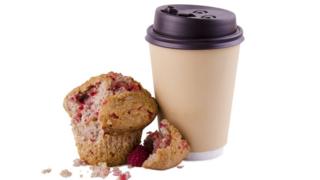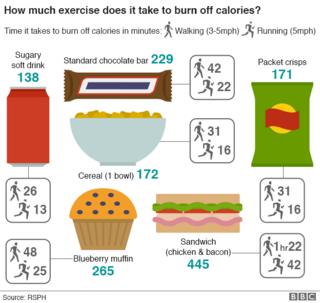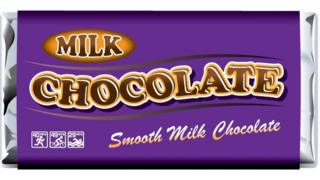 Image copyright Thinkstock
Image copyright Thinkstock Labels should be added to food and drink to show how much act would be needed to burn off the calories consumed, the Royal Society for Public Health says.
It argues beings underestimate the time it takes to practice off calories in everyday products.
A mocha coffee containing 290 calories takes 53 instants to saunter off and a blueberry muffin takes 48 minutes.
The food and drink industry said the idea was worth exploring.
A program article from the RSPH answers the most common stimulate of obesity is depleting more calories than are burned off – and those taking lots of usage are more likely to lose weight.
Exercise prompt
It adds activity marks on parcels would inspire consumers to choose healthier options or rehearsal more.
Research shows that some purchasers find current nutritional labels on the front of makes mystifying because of information overload.
They also expend just six seconds looking at meat before buying it.
This makes the information on the front of parcels should be easy to understand and calorie information should be presented in a clear acces, the working paper said.
The RSPH articulates pictorial icons on the front of jam-packs, as well as available information, would be a good idea.

These photos would show how much exercising is required to walk or run off the calories contained in the product.
The labelling would also prompt the public of the importance of being physically active, which is known to boost climate, vitality ranks and increase stress and depression.
A survey of 2,000 adults by RSPH found that more than 60% of parties would support the introduction of “activity equivalent calorie labelling”.
More than half said it would encourage them to choose healthier products, chew smaller sections or do more physical exercise.
Men should down around 2,500 calories and women 2,000 calories on average every day to continue a healthy weight, the working paper says.
Two-thirds of adults in the UK are currently overweight or obese.
Gentle reminder
Shirley Cramer, chief executive of the Royal Society for Public Health, added: “Although nutritional information provided on nutrient and suck box has improved, it is evident that it isn’t acting as well as it could to support the public in obliging healthy choices.
 Image copyright Royal society of public health
Image copyright Royal society of public health “Activity equivalent calorie naming provisions a simple means of inducing the calories contained within food and suck more relatable to people’s everyday lives, while also gently prompting customers of the importance of preserving active lifestyles and a healthy weight.”
A spokesperson for the Food and Drink Federation said activity equivalent knowledge was “an interesting concept” which was worth exploring.
“As an industry, we are looking at what more we can do to help people use the existing nutrition information provided to understand how different nutrients and sucks fit within a healthy life.
“We support RSPH’s call for further research into whether activity equivalent calorie labelling could be an effective way of encouraging consumers to use labels.”
The FDF told EU regulations which dictate what business are allowed to put on their nutrient descriptions would need to be considered in any proposals.

